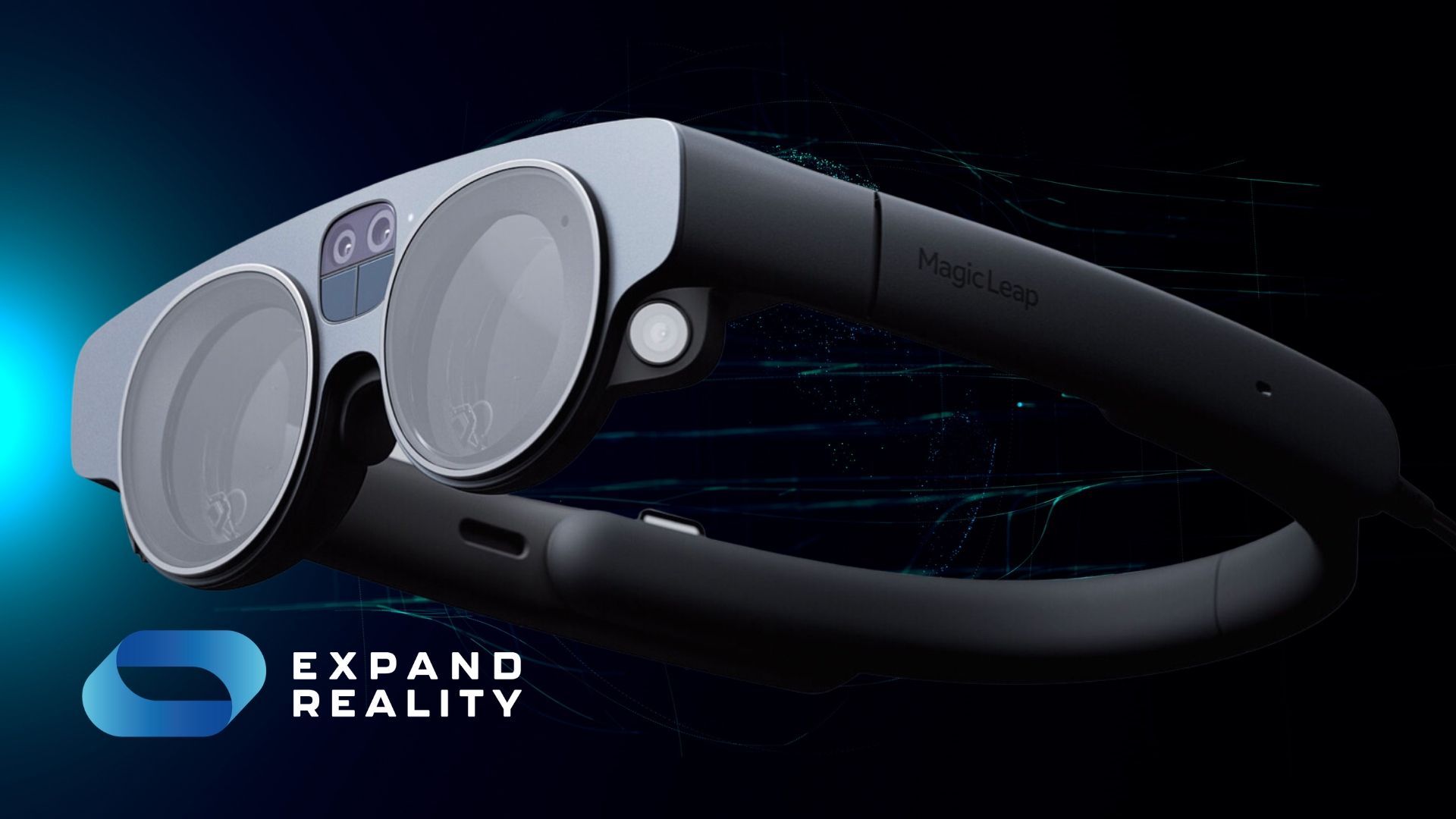hello@simplyvideo.io
Learn XR development: online resources to boost your knowledge
Are you interested in becoming an XR developer? Join us as we run down some useful online resources to help you with programming, 3D animation and more.

Are you looking for a way into the ever-changing, ever-growing world of XR development?
Learning a new skill takes graft, whether it's plumbing or parkour. XR development is no different. As you'd expect from an area of tech that fuses entertainment and science, it requires a varied skill set.
Just as a film director needs to know at least something about casting, lighting and team management, so your average XR developer will need to have a handle on user experience as well as programming and development.
Getting started in XR devs isn't always easy for two main reasons. One is that XR covers a lot of ground. Like, a lot.
Ask a random passerby at Dublin Connolly what XR is and they might look at you blankly and then ask you to leave their carriage. Narrow it down to VR and they'll probably say it's all about gaming.
And while game development is a dynamic – and lucrative – industry, it's not the only horse in the virtual race.
XR covers everything from immersive museum visits to exposure therapy training. You could walk through a simulation of an ancient city or learn how to operate a piece of machinery. The sky's the limit.
But this richness of opportunity can lead to analysis paralysis. What do you want to specialise in? Where on earth do you start?
The second reason why it can be hard to get going is that the industry is changing all the time. Keeping up with it is harder than deciding what to wear for a walk in April. Solutions pop up and fizzle out – but underlying them all is a core set of skills.
Luckily for you, these core skills aren't kept under lock and key. The internet's democratisation of knowledge is, in fact, part of the success story of XR – but that's a tale for another day.
There are loads of online courses and resources to help you learn the skills you need to build a portfolio and start looking for jobs. Let's take a look…
1. Programming
You've got to know the lingo. XR developers tend to use C#, Swift, Python or Java. And they use them daily. This isn't like knowing just enough French to order a baguette in Bordeaux. This is your bread and butter.
You don't need to be a programming polyglot with multiple languages at your fingertips – and you don't need a degree. But you do need to get your head around one of these staple languages.
Some courses are free and some require payment. You could look into the University of Helsinki's free MOOC (massive open online course) which teaches
Java for beginners. Or there are platforms like Udemy which offer
courses on C#.
Learning a programming language is one of the key pillars of XR development – so dive in!
2. Development
Learning a programming language is a foundation – not an end goal. If you want to write poetry in Farsi, you're going to need more than
Duolingo. You're also going to need to know the nuts and bolts of creation.
YouTubers like Valem, Andrew and Dilmer Valecillos provide free content on basic development skills for AR and VR.
Then there are courses like Unity's "Create with VR". This is an official course for Unity, one of the biggest platforms for XR development.
It allows you to "create prototypes, attempt challenges and complete quizzes to build and solidify your skill set […] you will be guided through creating your own unique VR project from start to finish, beginning with a blank design document and ending with a fully functional project."
This is just one option. Your best bet is to shop around and get involved in discussions on Reddit and other forums where people will be glad to help – well, most of the time.
3. UX design
UX is industry speak for "user experience". It's not enough to have a great idea for an app. It has to be appealing and user-friendly on a range of devices.
UX design is about empathy. It asks questions about the customer's needs and pain points – essentially seeing the app through the user's eyes.
There are plenty of diplomas and boot camps around but most will cost you. One option is Google's
UX Design course.
4. Animation
3D animation is an essential tool in your XR tool belt. Many developers use engines like Unity and Unreal Engine. There's a comprehensive list of resources
here.
Forums, Discord servers and other online communities can be a great help here. You don't need to soldier on alone – get stuck in and swap ideas with fellow budding developers.
5. Creativity
You can't be a developer without creativity – but how to be creative is a big question.
Philosophers have been sitting up at night trying to figure it out for millennia. Nowadays, the internet is full of people telling you how to tap into your creativity.
Have a dedicated workspace. Make sure you change your workspace regularly. Work long hours. Work little and often. Find your own voice. Copy the best.
It's a veritable carnival of conflicting advice – and it's much, much less concrete than learning a programming language.
We don't claim to have the answer – but one thing you can do is look outside XR for inspiration. Filmmakers can learn from novels and paintings. Dancers can learn from the natural world. Why would XR developers be any different?
So as well as focusing on programming and animation, why not soak up some art and see if it sparks any ideas in you?
Conclusion
XR development is an exciting, ever-changing field. If you want to get your foot in the door it's important to learn a programming language, get to grips with the basics of UX and 3D animation, and start generating ideas for apps.
Whatever path you take, we wish you the best of luck!
At Expand Reality, we specialise in industrial
XR technology. Explore our
online store to discover the latest devices from Magic Leap, Microsoft and more.

Contact Us
Connect global teams. Collaborate with remote experts. Streamline processes and unlock cost savings with industry-ready extended reality technology.
Contact Info
hello@expandreality.io
Gemini Business Park
Sheepscar Way
Leeds
LS7 3JB
All Rights Reserved | Expand Reality







